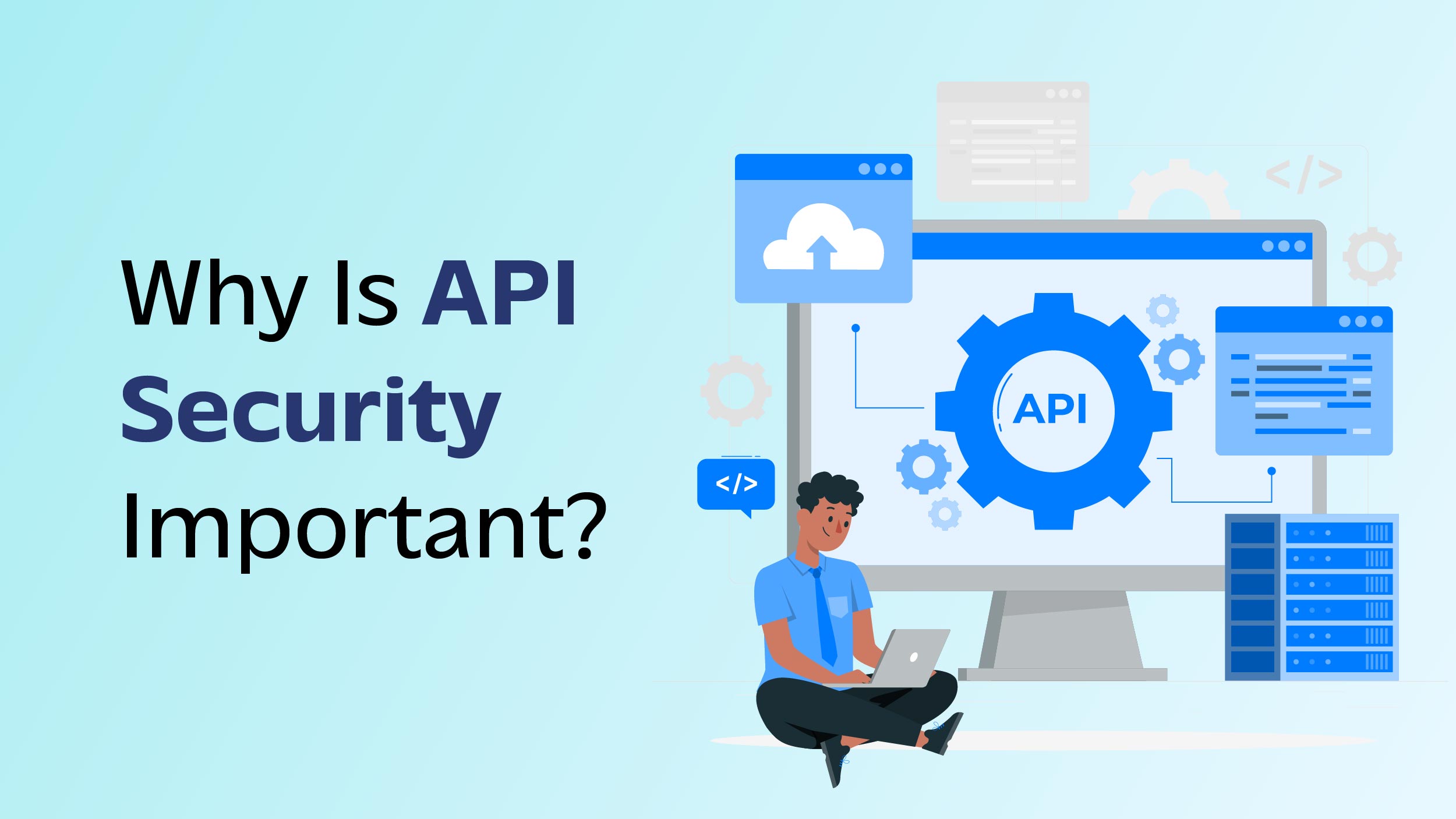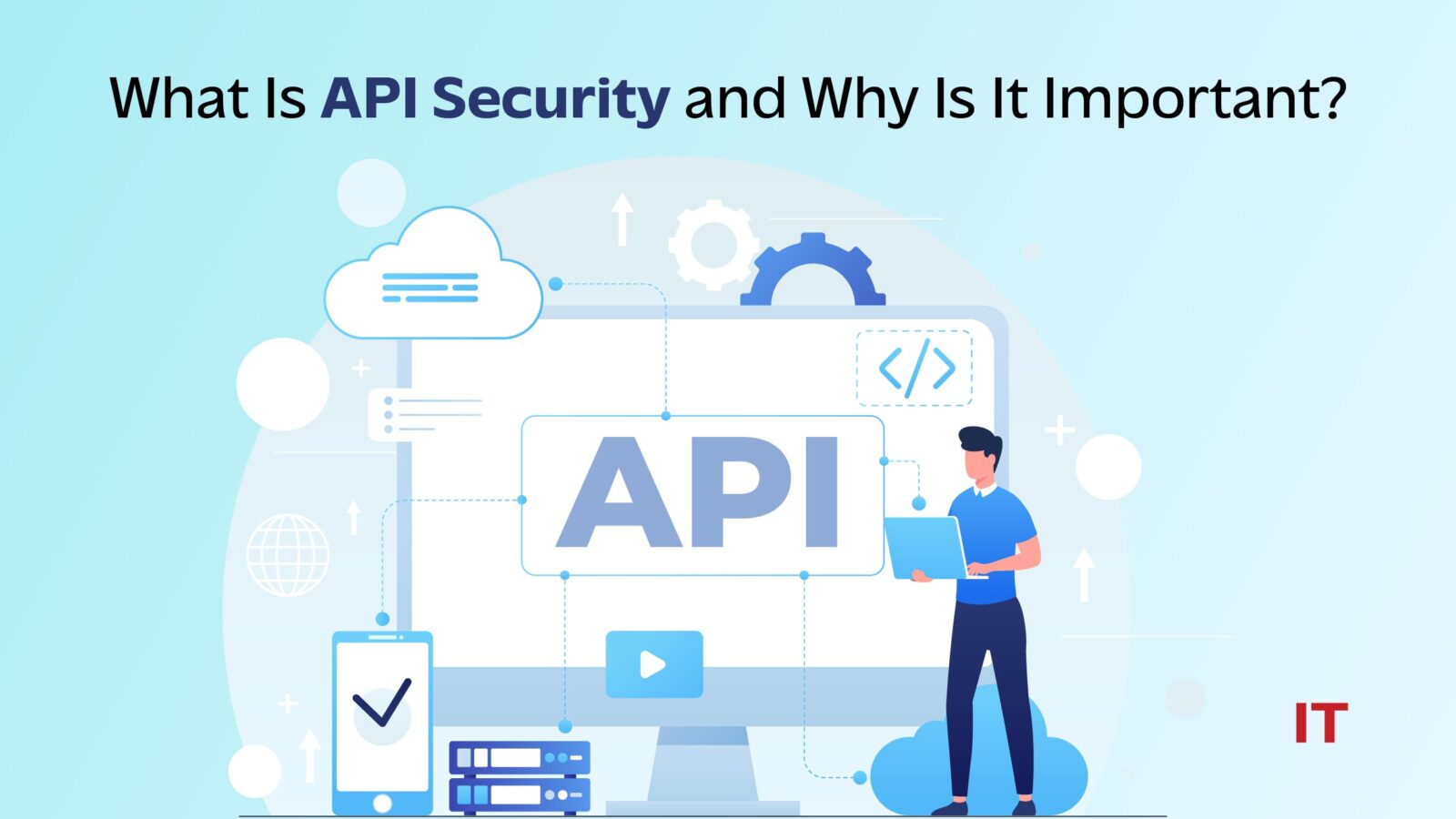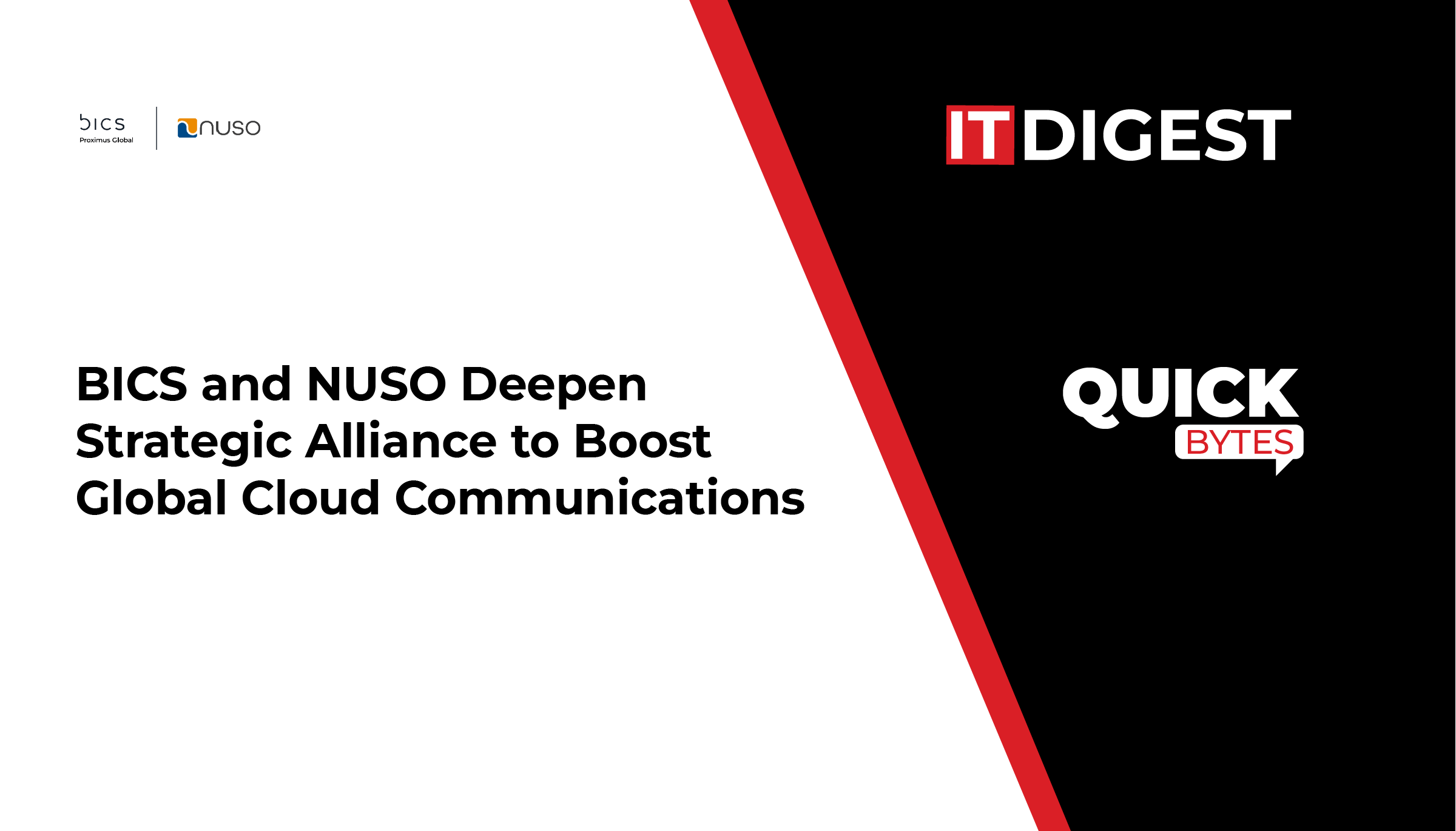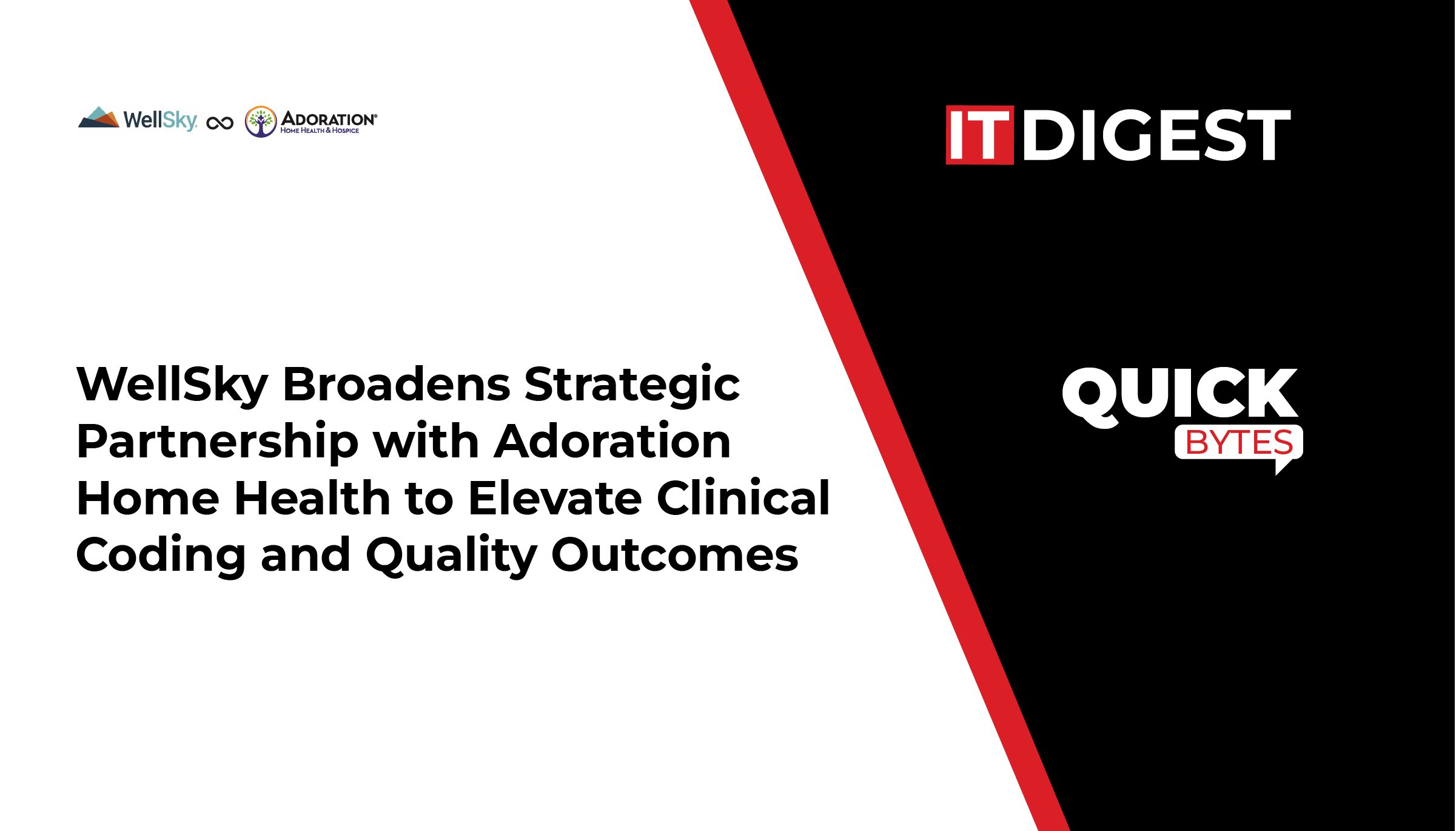Securing an API is crucial to protect sensitive data, prevent cyberattacks, and ensure the integrity of the system. In the past two years, 74% of reports have documented at least three data breaches related to APIs. To achieve this, implementing robust security measures is essential. This includes using secure communication protocols, implementing authentication methods and authorization mechanisms, validating and sanitizing input, and encrypting sensitive data. Regular monitoring, updating, and following best practices are also vital to maintaining API security. Let’s learn more about it.
What Is API Security?
An application programming interface (API) facilitates interaction between software applications and is crucial in modern software patterns, including microservices architectures.
API security involves safeguarding APIs against attacks. Due to their widespread use and their role in accessing sensitive functions and data, APIs have become prime targets for cyber attackers.
As a vital element of modern web application security, API security addresses vulnerabilities such as broken authentication, inadequate rate limiting, and code injection. Organizations must regularly test API gateways to identify and rectify these vulnerabilities using best security practices.
Why Is API Security Important?
 API security is crucial for several reasons, as evidenced by credible sources:
API security is crucial for several reasons, as evidenced by credible sources:
- Protection of Sensitive Data: APIs are essential for connecting services and transferring data. Breaches or vulnerabilities can expose sensitive information, such as medical, financial, or personal data. 55% of respondents said that security concerns with their APIs were causing delays in the implementation of applications. API security protects the integrity of APIs and ensures data confidentiality in today’s interconnected digital landscape.
- Prevention of Cyberattacks: APIs are prime targets for hackers due to potential business logic flaws and vulnerabilities. Attackers may try to infiltrate systems, steal critical information, or disrupt functionality. Securing APIs and detecting vulnerabilities before deployment is essential to prevent cyberattacks and maintain system integrity.
- Ensuring Trust and Compliance: Organizations handling customer data or operating in regulated industries must comply with data protection regulations and industry standards. API security helps organizations meet compliance requirements and build trust with customers by implementing robust security measures and protecting sensitive data.
- Authentication and Authorization: API security involves access control mechanisms to ensure that only authorized users or systems can access the API. Authentication verifies user identity, while authorization determines their level of access. Strong authentication and authorization protocols prevent unauthorized access and protect against malicious activities.
- Secure Communication: API security includes using secure communication protocols, such as HTTPS, to protect data in transit. These protocols encrypt data and prevent eavesdropping or tampering during transmission. Secure communication is a vital part of web security, ensuring the confidentiality and integrity of data exchanged through APIs.
Also Read: 10 Best Application Security Practices That You Need to Know
How Do You Secure Your API?
 Securing an API is crucial to protect sensitive data, prevent cyberattacks, and ensure system integrity. Here are some best security measures for your API:
Securing an API is crucial to protect sensitive data, prevent cyberattacks, and ensure system integrity. Here are some best security measures for your API:
- Use HTTPS/TLS: Ensure your API only accepts queries over secure channels like HTTPS/TLS to protect access credentials and API data in transit using end-to-end encryption.
- Implement Authentication and Authorization: Use robust authentication mechanisms to verify the identity of users and systems accessing the API. Implement authorization controls to determine each user’s or system’s level of access.
- Validate and Sanitize Input: Validate and sanitize all input received by the API to prevent common security vulnerabilities, such as cross-site scripting (XSS), cross-site request forgery (CSRF), and SQL injection attacks.
- Implement Rate Limiting: Enforce rate limits to prevent abuse and protect against denial-of-service (DoS) attacks. Rate limiting ensures API usage remains within acceptable thresholds, preserving availability and performance.
- Encrypt Sensitive Data: Employ encryption techniques to protect sensitive data, especially during transmission or storage. Encryption ensures data confidentiality and prevents unauthorized access.
- Monitor and Log API Activity: Implement logging and monitoring mechanisms to track API usage, detect suspicious behavior, and identify potential security issues. Regularly review logs to identify and respond to anomalies or attacks.
- Keep APIs Up to Date: Regularly update and patch your APIs to address security vulnerabilities or weaknesses. Stay informed about emerging risks and conduct regular security audits to mitigate potential threats.
- Follow API Documentation Best Practices: Thoroughly review and follow API documentation best practices, including understanding the authentication process, required data formats, and potential error messages. Building a threat model can help identify potential security issues and incorporate appropriate security mitigations.
- Consider Third-Party Security Solutions: Depending on your API’s complexity and criticality, consider leveraging third-party security solutions, such as antivirus systems or API management platforms, to scan payloads, monitor API activity, and provide additional layers of protection.
3 Best Open Source Application Programming Interface Testing Tools
Automated tools are needed for production API security, particularly for organizations with regular development and release processes.
Postman
Postman is an API development platform with the following key features:
- Automating manual API tests
- Integrating tests into the CI/CD pipeline
- Simulating the expected behavior of API endpoints and responses
- Checking API performance and response times
- Enabling collaboration between developers with built-in version control
Swagger
Swagger is an open-source toolkit for creating RESTful APIs, supporting two API development styles:
- Top-down API design: Build an API in Swagger and then generate code from specifications
- Bottom-up API design: Swagger takes existing code and generates documentation about API operations, parameters, and outputs
JMeter
JMeter is primarily a load-testing tool but can also be used for security testing. Key features include:
- Loading CSV files for load testing and allowing tests with various values to mimic cyberattacks and dangerous situations
- Jenkins integration of API testing into the build process
- sophisticated performance testing with test results replay capabilities
End Note
In conclusion, ensuring API security is of paramount importance in today’s digital landscape. By implementing robust authentication and authorization mechanisms, using secure communication protocols, validating input, encrypting sensitive data, and monitoring API activity, organizations can safeguard against cyber threats, protect sensitive information, and maintain the integrity of their systems. Ongoing updates, adherence to best practices, and consideration of third-party security solutions further enhance the overall security posture. By prioritizing these measures, organizations can confidently embrace the power of APIs while mitigating risks and ensuring the trust of their users and partners.

































